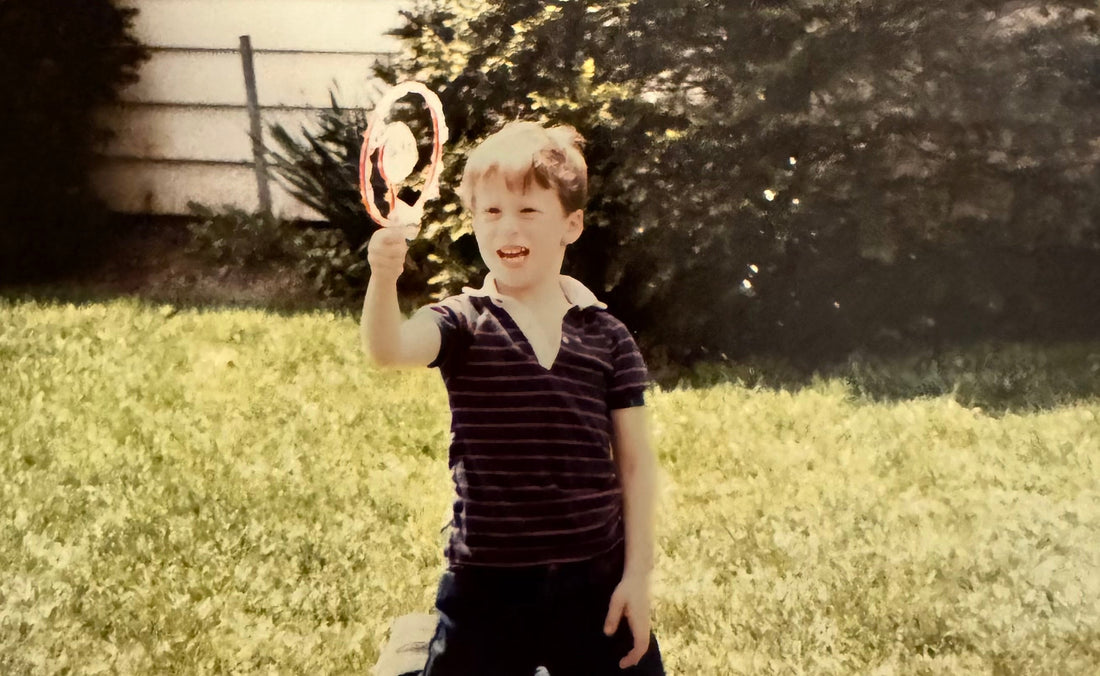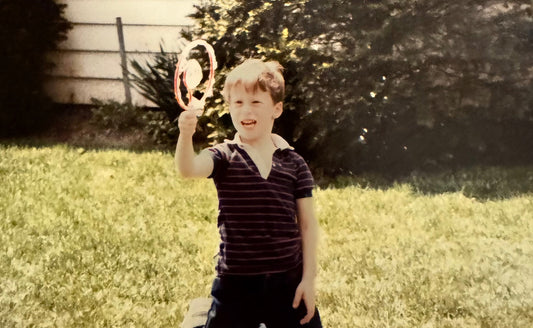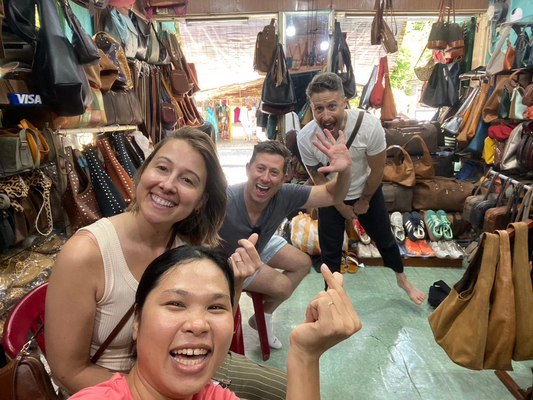
It’s Fine. Really. We Don’t Have to Be Friends.
And yes, I’m serious. (Do I look like I’m kidding?)
I’ve learned to say goodbye with grace. Okay, fine, sometimes with soap bubbles and awkward eye contact.
The other day, I bumped into a couple of guys I used to know. You know the scene: the stop-and-chat shuffle, the obligatory “Hey! How’ve you been?” delivered with the enthusiasm of someone reuniting with a former neighbor’s dog.
We both knew the truth: the friendship had run its course a while ago. In this case, one was a necessary break. Boundaries I needed to set, no regrets there. And the other was collateral damage, an unfortunate loss by association.
And instead of giving each other the small, perfect dignity of a nod that says hey, we were once in each other’s lives. It mattered. Or it didn’t, but it happened nonetheless and it doesn’t anymore, we staged a two-minute revival of something that didn’t need reviving.
Proof You Can Let Go Without Being a Jerk
There’s a strange relief in calling these moments what they are. But we’re not taught to do it…nevertheless how.
Some, bless them, manage this blunt honesty, but it’s often delivered with all the grace of a bowling ball hitting a wine glass. Others? They have the precision tools for it, but are taught to keep them in a velvet case, not to risk being “too direct.”
And then there are people like me, who seem built to run straight toward these moments. Not because it’s fun. Because it’s not. It’s exhausting. My nervous system needs a nap afterward. But I do it because it clears the air. For me, for them, for whatever matters next.
That said, this is not a skill to throw around lightly. Or something to rush into mastering. If I were talking to my twenty-something nieces, I’d tell them that in our younger years, life is about adding, not pruning.
You’re meant to collect people, stories, and a fair share of cringe-worthy memories, because that’s how you learn to be human in the first place. Those years are for building the board, not clearing it. There’s no need to knock off a chess piece just because it doesn’t move the way you’d like.
But age has a way of changing the math. At some point, the end comes into sharper focus than the beginning, and you start to care less about keeping the board full and more about how you want to play what’s left.
That’s when directness stops feeling optional. It becomes a kindness. Not the warm, fuzzy kind, but the clear, grounded kind that makes space for the people and moments that still matter.
Why This Matters More Than We Admit
There’s a thing about this skill…it’s less about becoming ruthless and more about finally admitting I can’t collect people like refrigerator magnets forever. At some point, the door gets too crowded, and a few have to come down.
The older I get, the more I realize my time and attention aren’t infinite, and that trimming away what no longer fits can be an act of care. Not just for myself, but for them too. Care, because pretending to keep something alive when it’s not is its own kind of slow cruelty.
That’s why getting better at it matters more than we admit.
It frees up air. You stop wasting breath on relationships you’re not really in anymore (and stop rehearsing that “We should catch up!” lie). It also makes room for the people and priorities that actually need your energy, like the friends who text back.
And maybe most importantly, it kills the cringe. You can only dodge the elephant in the room for so long before you trip over it. And when you do, you will absolutely be holding a drink you really liked
How to Say It Without Breaking Anything
How you say it matters; and trust me, none of us pop out of the womb knowing how to do it without making it weird. It’s not instinct. It’s a skill you earn the hard way by botching it a few times.
It’s trial, error, and the occasional “Oh God, did I just say that out loud? You should be cringing about it in the shower later, and realizing you sounded like a movie villain or someone who just bought their first crystal and can’t stop quoting their life coach.
Sometimes it’s acknowledging the good: “I’m glad we had that time.” Not my personal favorite; it makes me sound like I’m writing in someone’s yearbook.
Sometimes it’s naming the now: “We’re just in different chapters.” That one always feels a little too like I’ve just come back from a retreat where we all wore name tags and cried.
And sometimes (often, if I’m honest) it’s simply wishing them well: “Hope you’re good,” then clamping my mouth shut before I over-explain myself into a corner. It doesn’t have to be a grand speech; sometimes it’s just the nod across the room. Both count as kindness.
The point is, you make it your own because the best version of this isn’t perfect, it’s yours. I’ve learned to say goodbye with grace. Okay, fine, sometimes with soap bubbles and awkward eye contact.
But at some point, you figure out that not everyone is meant to walk the whole road with you, and that the most generous thing you can do, for both of you, is thank them. Thank them for the miles you shared, and keep moving before you chicken out and start inviting them back in.




